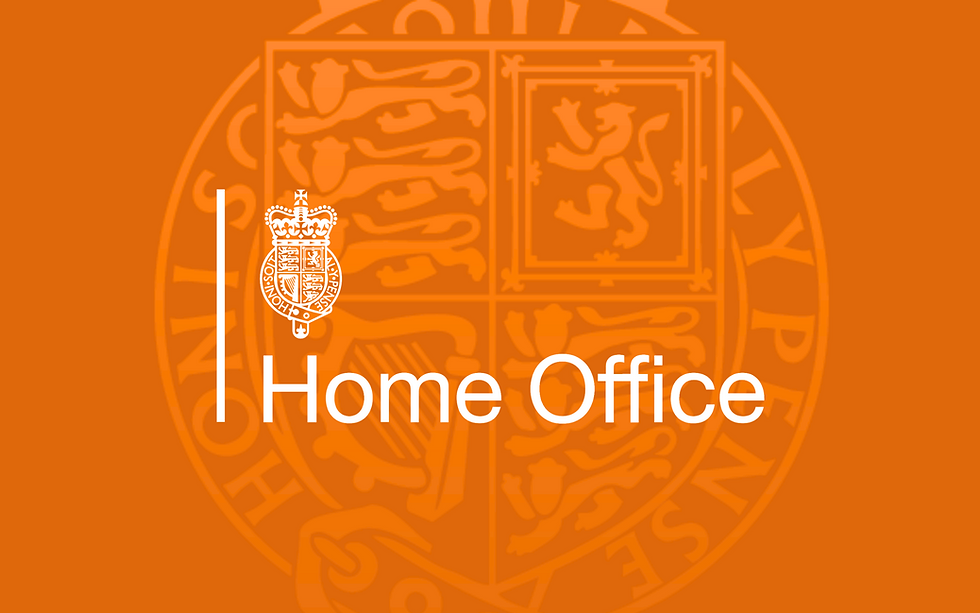First safety study of MDMA-assisted psychotherapy in patients with alcohol use disorder
- Ben Sessa, Chloe Sakal and more
- Jul 22, 2019
- 2 min read
Updated: Apr 8, 2024

Authors:
Ben Sessa, Chloe Sakal, Steve O’Brien and David Nutt
Published:
July 15, 2019
We present the preliminary data in the Bristol-Imperial MDMA-for-Alcoholism (BIMA) study, an ongoing open-label safety and tolerability proof of concept study exploring the potential role for 3,4-methylenedioxymethamphetamine (MDMA)-assisted psychotherapy in treating patients with alcohol use disorder (AUD). At this stage, eleven participants have completed the full 8-week MDMA-assisted psychotherapy course, including two therapy sessions each with MDMA.
The study focuses primarily on the safety and tolerability of the therapeutic course for this population of patients with AUD. Results so far show all participants have successfully tolerated the treatment. There have been no serious adverse events related to MDMA, no unexpected physiological responses to the MDMA sessions or changes to blood results or electrocardiograms, measured before and after the 8-week course.
In recent years, MDMA-assisted psychotherapy has been studied extensively as a treatment for post-traumatic stress disorder (PTSD). And since the 1950s, it has been well known that the ‘classic’ psychedelic drugs (particularly psilocybin and LSD) have shown impressive safety and efficacy to treat a range of different addictions. But to date there are no previous studies exploring MDMA-assisted psychotherapy as a treatment for AUD – or any other addictions.
Carrying out clinical research on patients with AUD is difficult because of the high incidence of comorbidities in this population. Physical problems include alcohol-induced hypertension and impaired liver functioning. Psychological comorbidities include high levels of trauma, polysubstance drug misuse and personality disorders. Unstable social factors, such as unemployment, insecure housing and poverty, are also common in this group of patients—all of which added to the complexity of this project. Despite these challenges, the massive personal, clinical, societal and financial burden of AUD makes this diagnosis an important target for innovative research. This is especially imperative, given the current poor rates of lasting recovery with current best-approved treatments.
We conclude that the treatment is well-tolerated and are making plans to expand the project into a randomised placebo-controlled study. We are also considering further applications for MDMA-assisted psychotherapy for the treatment of other substance use disorders.
Acknowledgements: We wish to thank all of the team members of the BIMA study, including clinical psychologist and co-therapist Dr Laurie Higbed; Research Associates Dr Claire Durant and Dr Sue Wilson; and expert service user Kevin Speller. We are grateful to The Alexander Mosley Foundation for their funding support and the Multidisciplinary Association for Psychedelic Studies for academic support with the ongoing study. We are grateful to the local substance misuse service, Addaction, and Tim Williams for his support locally. In addition, they are thankful to the Bristol University CRIC Centre for hosting the study and Imperial College London for their academic sponsorship.
Citation: Sessa, B., Sakal, C., O’Brien, S. and Nutt, D.J. (2019) First study of safety and tolerability of 3,4-methylenedioxymethamphetamine (MDMA)- assisted psychotherapy in patients with alcohol use disorder: preliminary data on the first four participants. BMJ Case Rep 2019;12:e230109.
For open-access to the full report of this research, see below:




